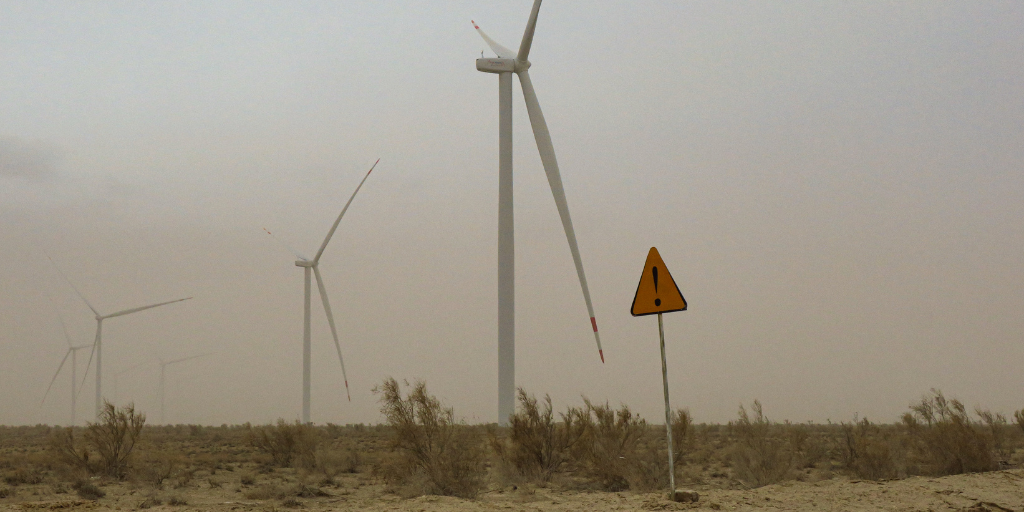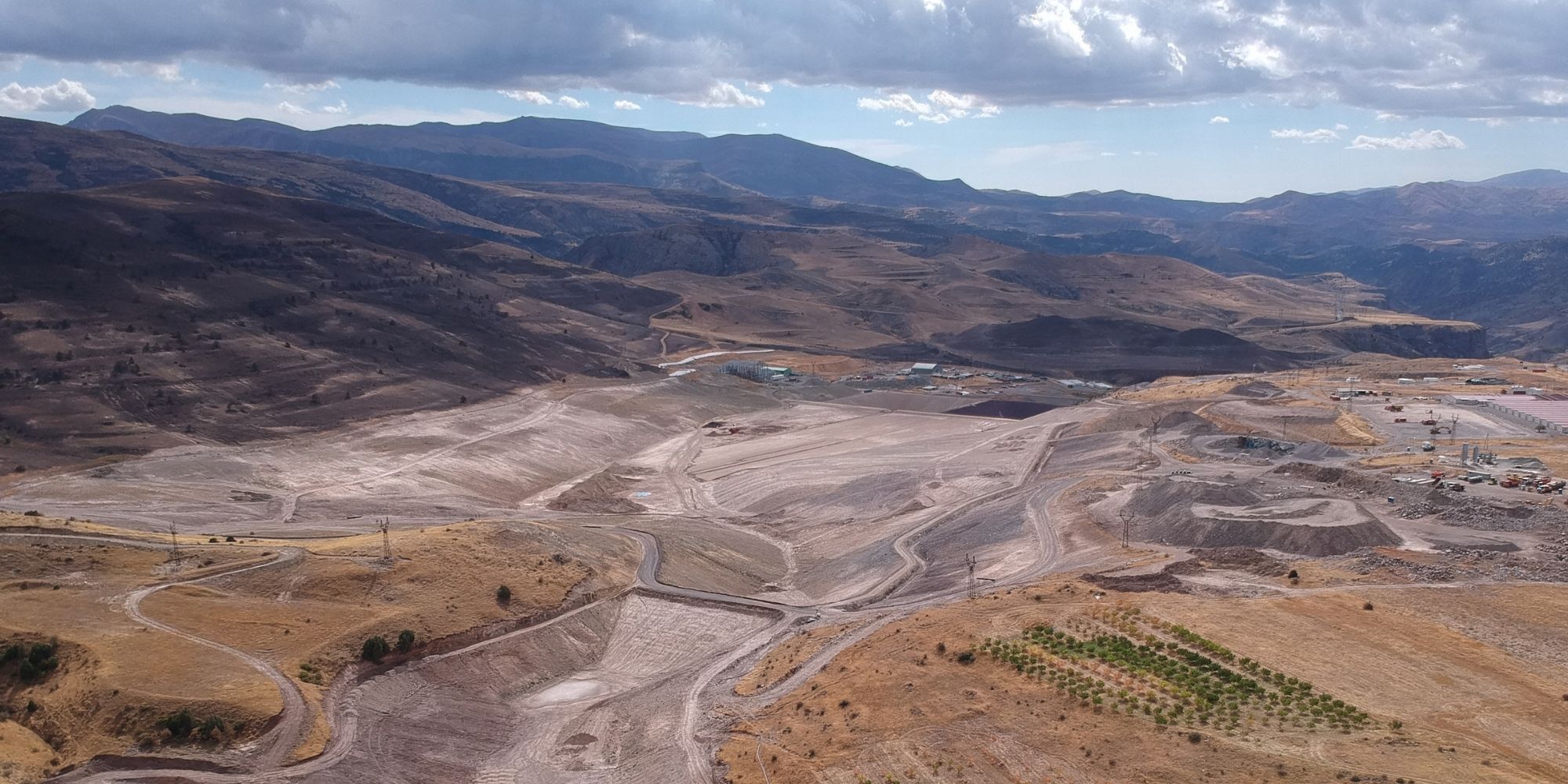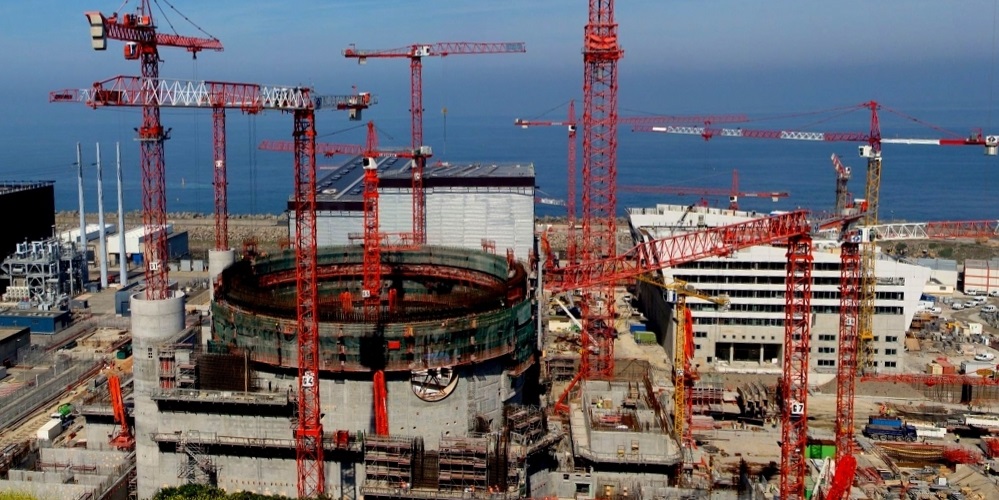Whether in Europe or beyond, public money must not become an auxiliary for human rights violations or the marginalisation of affected communities.
We expose cases where development banks fail to protect those impacted by their projects.
We advocate for participation and consultation processes that are not pro-forma exercises, but a tool to ensure people’s well-being.
We run a helpdesk where activists and communities can get advice on how to challenge controversial projects being considered for funding by development banks.
Close to frontline communities
We’re in direct contact with affected communities and provide updates from their struggles.
Image (c) Rosa Vroom
IN FOCUS
The Reconstruction of Ukraine
The scale of destruction caused by Russia’s aggression against Ukraine has been staggering. To repair the damage, joint efforts to coordinate donations and properly plan Ukraine’s reconstruction must start as soon as possible.
A successful reconstruction of Ukraine cannot happen without involvement of the Ukrainian people. That’s why we’re calling on international donors to ensure that the financial structures to help impacted communities are put in place and that civil society groups have a say in this process.
We believe that Ukraine and the international community have a unique opportunity to modernise the country while addressing people’s needs and long-term sustainability.
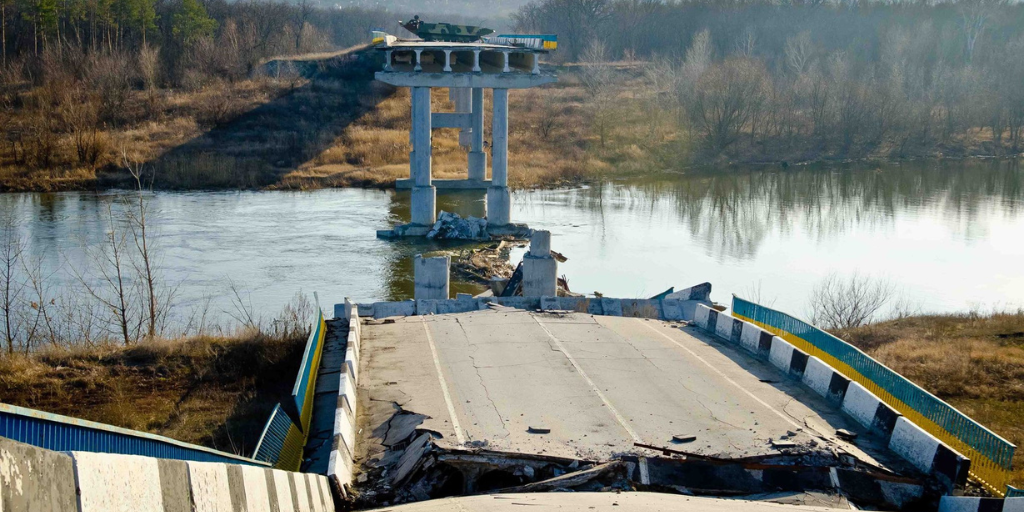
Amulsar gold mine, Armenia
The controversial Amulsar gold mine near the touristic spa town of Jermuk was supported by the EBRD equity investments, but blocked by locals after the velvet revolution in 2018. In spite of a number of legal threats and intimidation by the company, the blockade continued till the eruption of military conflict overNagorno Karabakh (Artsakh) at the end of 2020.
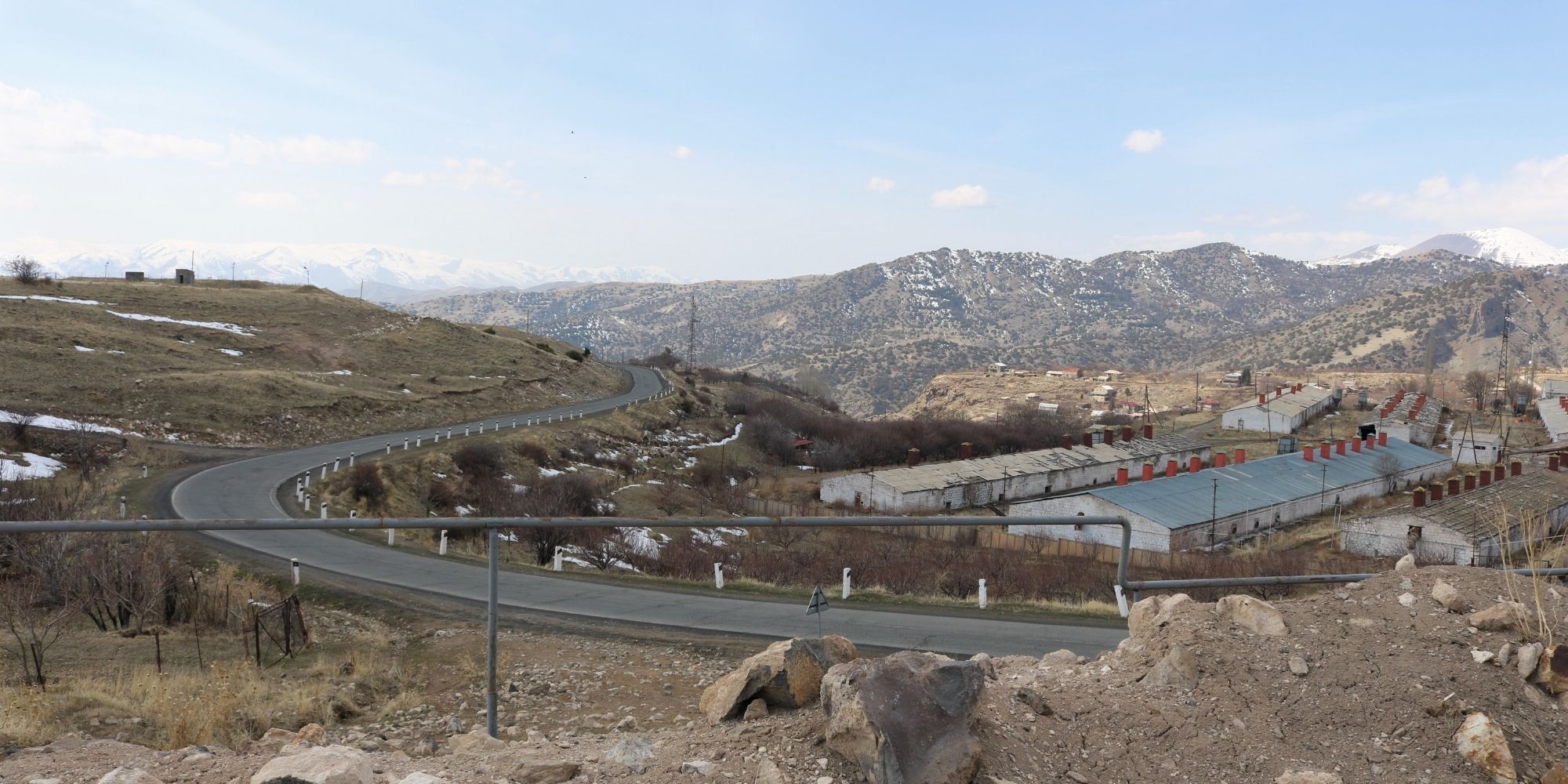
Myronivsky Hliboproduct (MHP), Ukraine
The leading Ukrainian agribusiness giant has been enjoying generous support in public funds and national subsidies. With over half a billion euros from the EBRD, EIB and the IFC, Myronivsky Hliboproduct PJSC (MHP) has grown into a near monopolist in poultry production. While MHP’s vertically integrated model has contributed to its status as a leading Ukrainian agribusiness, the scale and nature of its business have also contributed to mounting concerns about its social and environmental impacts. These concerns are compounded by patterns of poor community consultation and a lack of information provided about MHP’s operations, leaving project-affected people guessing about the true impacts of its operations.
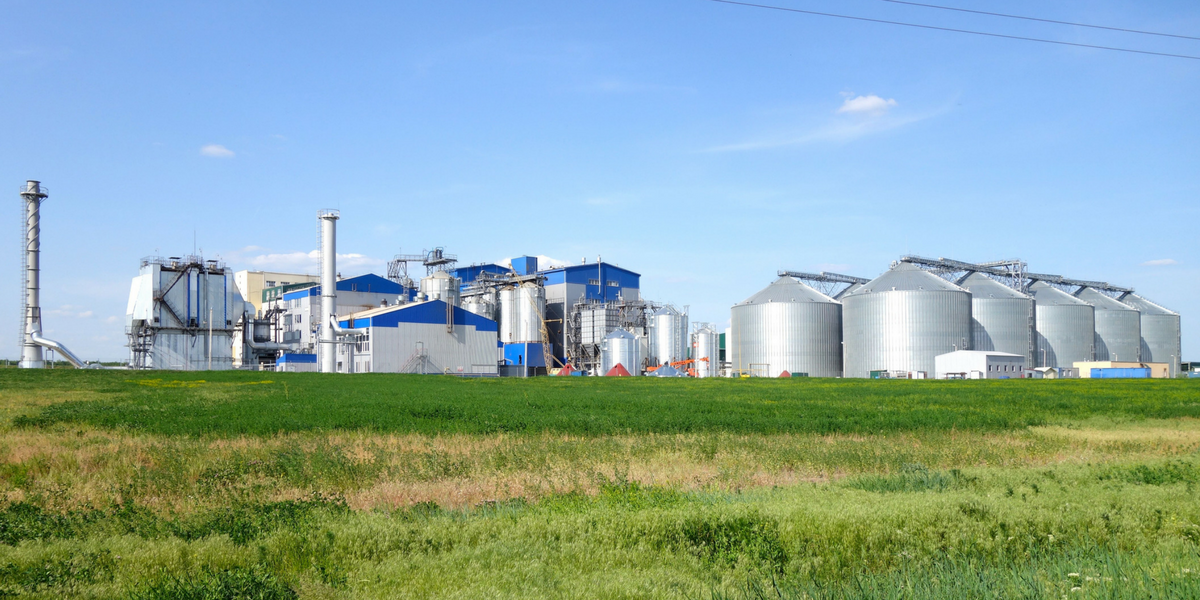
Corridor Vc motorway, Bosnia and Herzegovina
The Bosnian section of the international Corridor Vc is planned to run for 330 km through Bosnia and Herzegovina. Concerns about environmental impacts and threats to cultural heritage were raised by local people and cultural figures. The public discussions about the project have led to a series of scandals and a deadlock of the motorway’s development.
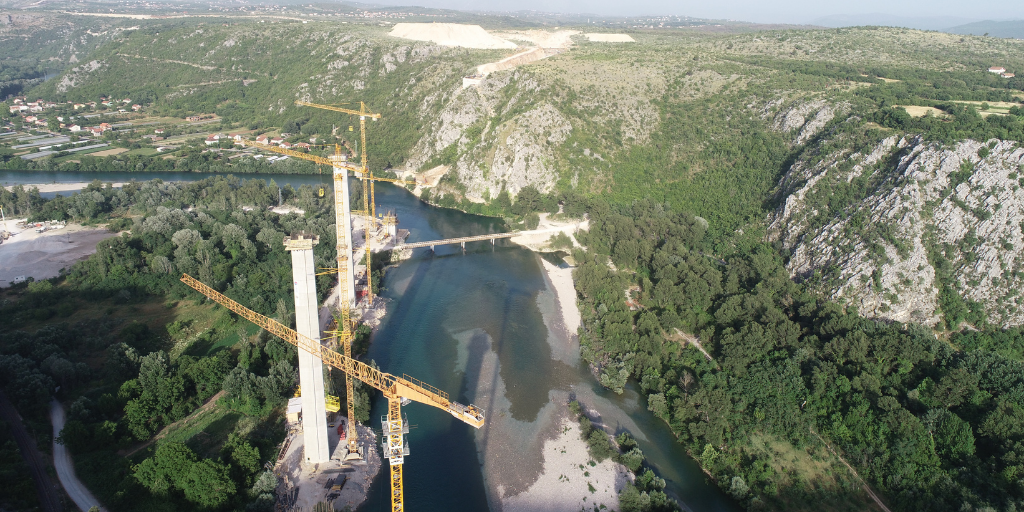
Our past projects
Zarafshan, Bash and Dzhankeldy wind projects, Uzbekistan
The first large wind projects in the Central Asian country are being built in biodiversity hotspots and hinder the declaration of protected areas. The IFC, EBRD and ADB need to ensure that some of the most problematic turbines are moved away.
ARCHIVED: Minerals mining and supply chains
Global demand for minerals and other critical raw materials is intensified by the just transition to renewable energy and the digital transformation agenda. Therefore sustainable supply chains of minerals are fundamental to addressing the climate crisis and the Covid-19 crisis that humanity is facing today. The European Union needs to innovate and find solutions to achieve its circular economy and resource use reduction objectives and to meet the demand of EU’s industry and consumers, while still protecting communities and nature threatened by mining.
ARCHIVED: Export Credit Agencies (ECAs)
With many billions of dollars at their disposal, export credit agency finance far outpaces that of development banks and yet avoids the same public scrutiny. Most money flows into large infrastructure projects in politically-volatile countries that oft
Latest news
Will the 2024 Ukraine Recovery Conference mark a turning point for municipalities?
Blog entry | 12 July, 2024It’s time to reflect on the 2024 Ukraine Recovery Conference (URC2024), held in Berlin in June. Bringing together over 3,400 participants across four thematic dimensions, with the Recovery Forum as the centrepiece, the conference highlighted the critical role of municipalities in Ukraine’s recovery efforts. Key discussions revolved around the distribution of financial resources, strengthening capacity, and nurturing partnerships.
Read moreBosnia and Herzegovina: Environmental and social study for Prenj motorway tunnel needs to tackle the elephants in the room
Blog entry | 2 July, 2024The environmental and social impact assessment for the planned Prenj tunnel on the Corridor Vc motorway provides a wealth of details on some issues, but fundamental questions remain, particularly on the Bijela canyon Emerald site near Konjic and the Podgorani area near Mostar.
Read moreBosnia and Herzegovina: Motorway-affected residents submit complaint to the UN
Press release | 24 June, 2024A group of people whose land and houses are threatened by the EU-funded planned Corridor Vc (1) motorway south of Mostar in Bosnia and Herzegovina have submitted a complaint to the United Nations Human Rights Council (2).
Read moreRelated publications
Local budgets and the reconstruction of Ukraine
Briefing | 30 November, 2023 | Download PDFIn the first part of the series ‘Ukrainian communities at the forefront of reconstruction efforts: Financial sources and their accessibility for municipalities’, we examine the problems of access to finance for reconstruction at the community level and explore the possibilities of financing the needs of municipalities through extra-budgetary funding, including international financial institutions.
Media briefing on the Ukraine Facility
Media briefing | 17 October, 2023 | Download PDFOn 17 October 2023, the European Parliament voted on amendments to the Ukraine Facility, a EUR 50 billion reconstruction fund for Ukraine.
A call to defend the independence of accountability mechanisms
Advocacy letter | 9 October, 2023 | Download PDFBankwatch joins other community advocates around the world in sounding the alarm about growing threats to the independence of accountability mechanisms attached to international financial institutions and other development agencies.
